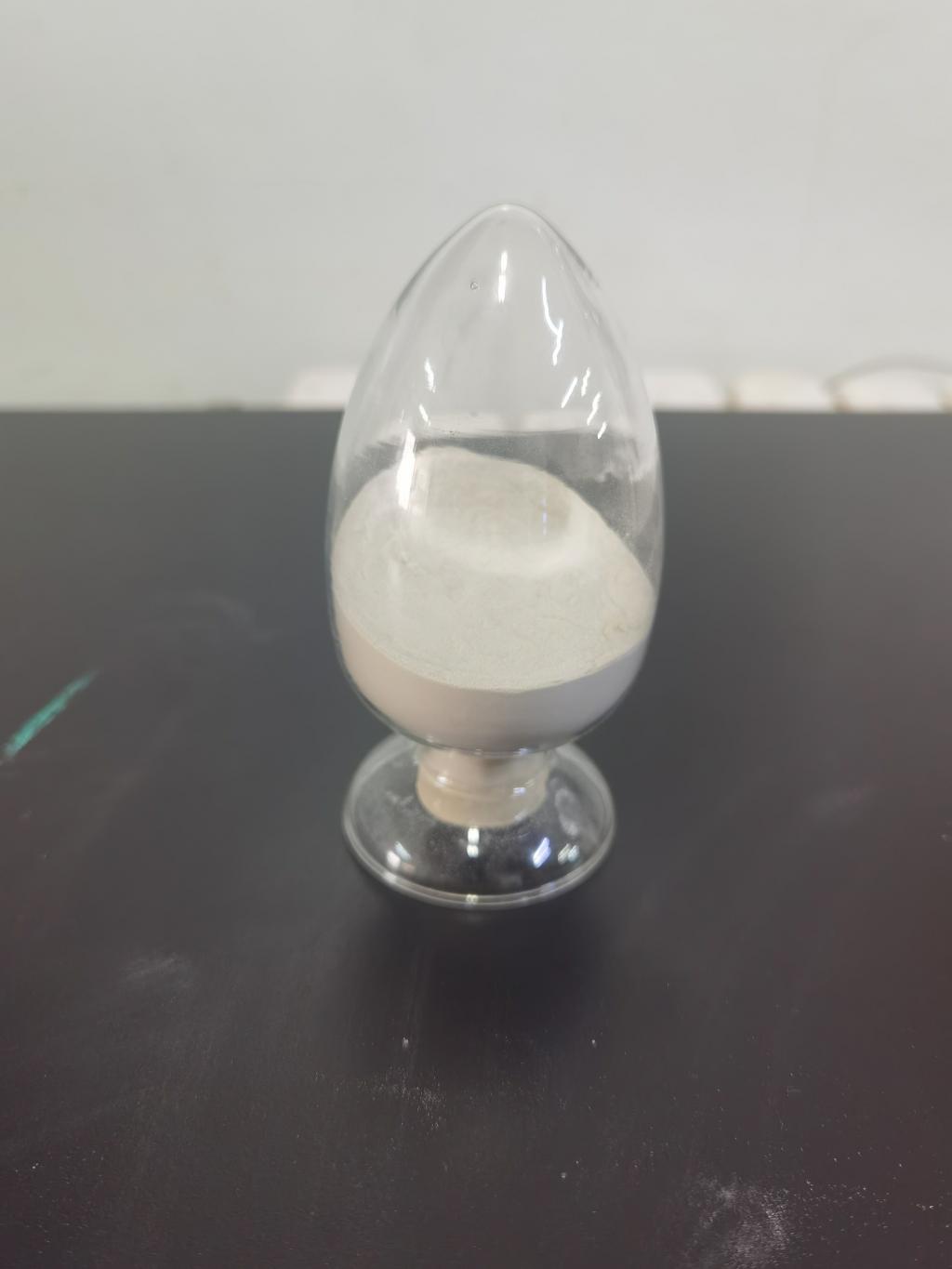Tel:+8618231198596

News
 CONTACT
CONTACT
 CONTACT
CONTACT
- Linkman:Linda Yao
- Tel: +8618231198596
- Email:linda.yao@dcpharma.cn
- Linkman:CHARLES.WANG
- Department:Overseas
- Tel: 0086 0311-85537378 0086 0311-85539701
News
What are the uses and benefits of Nisin?
TIME:2023-03-21
Uses of Nisin
Nisin is commonly used in the food industry as a preservative to extend the shelf life of a variety of food products, including cheese, meat, and canned vegetables. It works by inhibiting the growth of spoilage and pathogenic bacteria, particularly those that are commonly found in dairy products. Nisin is particularly effective against Listeria monocytogenes, a bacterium that can cause severe illness in humans, especially those with weakened immune systems. In addition to its antimicrobial properties, nisin has also been shown to improve the texture and flavor of cheese products.
Beyond the food industry, nisin has potential therapeutic applications. It has been investigated for its efficacy against a variety of bacterial pathogens, including antibiotic-resistant strains of Staphylococcus aureus and Enterococcus faecalis. Nisin has also been studied for its potential use in treating acne vulgaris, as well as for its anticancer properties.
Benefits of Nisin
One of the main benefits of nisin is its effectiveness as a natural preservative. Unlike synthetic preservatives, which can be harmful to human health if consumed in large quantities, nisin is a naturally occurring peptide that is generally regarded as safe. It is also effective at low concentrations, which means that it can be used in small quantities to achieve the desired level of preservation.
Another benefit of nisin is its broad spectrum of activity against a variety of bacterial pathogens. This makes it a useful tool in the fight against antibiotic-resistant bacteria, which have become a major public health concern in recent years. Nisin has been shown to be effective against a variety of antibiotic-resistant bacteria, including methicillin-resistant Staphylococcus aureus (MRSA) and vancomycin-resistant Enterococcus (VRE).
Nisin also has the potential to be used as a natural alternative to traditional antibiotics. Antibiotic resistance has become a major public health concern, and the development of new antibiotics has slowed in recent years. Nisin offers a promising alternative to traditional antibiotics, as it has been shown to be effective against a broad range of bacterial pathogens and has a low risk of inducing resistance.
Conclusion
Nisin is a naturally occurring antimicrobial peptide that has been used as a food preservative for many years. It has also been investigated for its potential therapeutic applications, including its efficacy against antibiotic-resistant bacteria and its anticancer properties. Nisin offers a natural alternative to synthetic preservatives and traditional antibiotics, with a low risk of inducing resistance. Further research is needed to fully understand the potential of nisin in these areas, but its unique properties make it a promising candidate for future developments in food preservation and healthcare.
- Tel:+8618231198596
- Whatsapp:18231198596
- Chat With Skype







